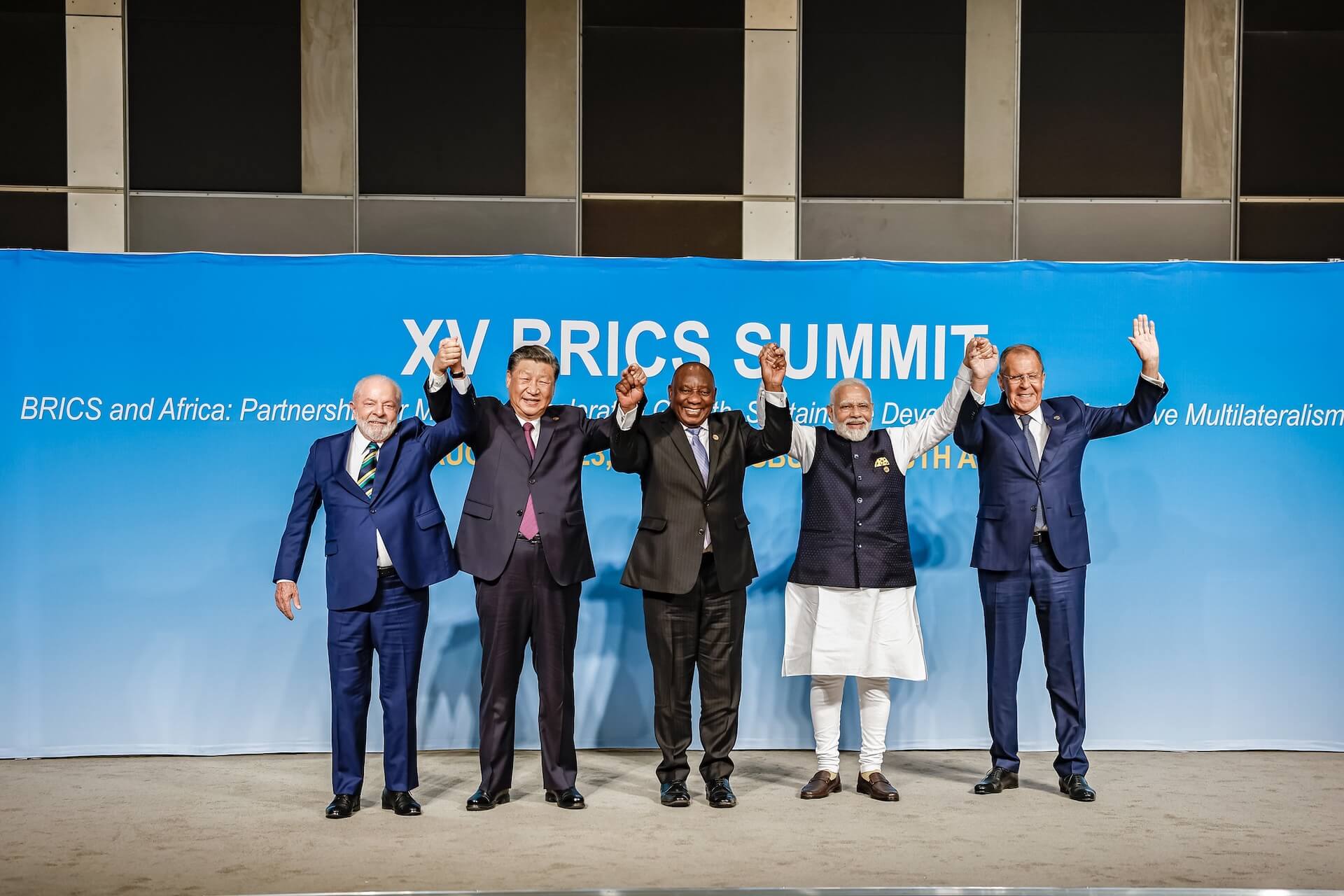Brazil Assumes the Presidency of BRICS in 2025
“Country assumes the forum for political and economic cooperation of the Global South, reinforcing its commitment to more sustainable and inclusive global governance, fostering economic cooperation, and financing efforts against climate change.”

Starting this Wednesday, January 1, 2025, Brazil officially takes the helm of BRICS, the prominent forum for political and economic cooperation among nations of the Global South. The presidency marks a pivotal moment for the country as it seeks to advance a vision of more sustainable and inclusive global governance, foster deeper economic ties, and mobilize financing to combat climate change.
BRICS, an acronym representing Brazil, Russia, India, China, and South Africa, has recently expanded its membership to include Saudi Arabia, Egypt, the United Arab Emirates, Ethiopia, and Iran. This enlargement solidifies the group as a central platform for collaboration among developing nations, collectively representing significant global economic and population shares.
Guided by the motto “Strengthening Global South Cooperation for More Inclusive and Sustainable Governance”, Brasil’s 2025 BRICS Presidency will focus on two priorities: (i) Global South Cooperation and (ii) BRICS Partnerships for Social, Economic and Environmental Development. Within the framework of these priorities, Brasil proposes to focus political attention on six core areas:
A - Global Health Cooperation: encourage real cooperation projects among BRICS nations to promote sustainable and inclusive development in various sectors, particularly in health, to ensure access to medicines and vaccines; launch the BRICS Partnership for the Elimination of Socially Determined Diseases and Neglected Tropical Diseases.
B - Trade, Investment and Finance: consider the governance and reform of financial markets, local currencies, and payment instruments and platforms as a means of increasing and diversifying trade, financial and investment flows; advance the Partnership for the New Industrial Revolution and adopt the 2030 Strategy for the BRICS Economic Partnership.
C - Climate change: adopt a BRICS Climate Leadership Agenda, including a Leaders' Framework Declaration on Climate Finance aimed at guiding structural change in the financial sector.
D - Artificial Intelligence Governance: promote inclusive and responsible international governance of artificial intelligence in order to unlock the potential of this technology for social, economic and environmental development.
E - Multilateral Peace and Security Architecture: promote a global reform of the multilateral peace system and security architecture in order to ensure effective action in dealing with conflicts, preventing humanitarian disasters and preventing the outbreak of new crises; rebuild mutual trust and understanding, resume diplomacy and promote peaceful solutions to conflicts and disputes.
F - Institutional Development: improving the structure and cohesion of the BRICS.
The more than 100 ministerial and technical meetings of the Brazilian pro tempore presidency [Presidência Pro Tempore/PPTB] should occur between February and July 2025 in Brasilia. The BRICS Leaders' Summit is scheduled to take place in July.
Preparations for an Extensive Agenda
As the host nation, Brazil will oversee the organization and coordination of more than 100 meetings, starting in February and continuing through July in the capital, Brasília. These gatherings will bring together officials, policymakers, and experts to deliberate on the presidency’s priorities. The discussions will culminate in the BRICS Summit, scheduled tentatively for July in Rio de Janeiro, where heads of state and government will chart the bloc’s future course. Brazil’s mandate will run until December 31, 2025.
A Rotational Leadership
The BRICS presidency rotates among member states in the order of the acronym, but with the inclusion of new members, the bloc is expected to revisit its rotational formula. The changes reflect BRICS’ evolving dynamics as it continues to adapt to the shifting geopolitical landscape.